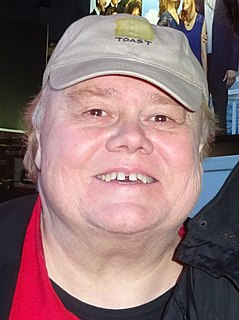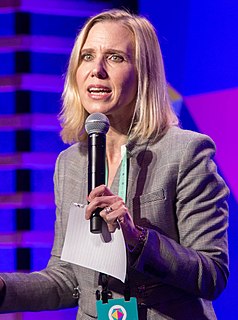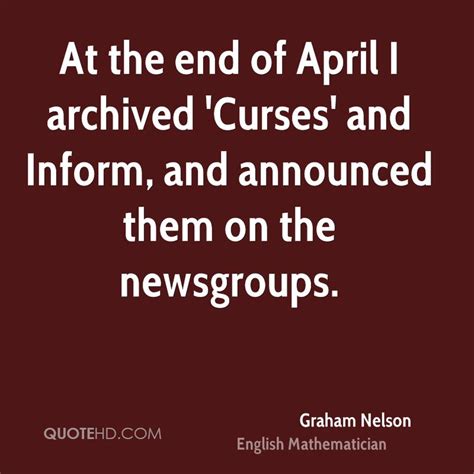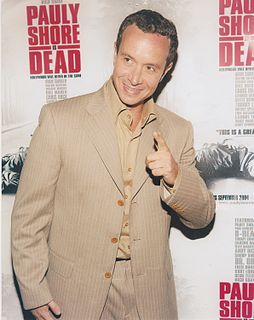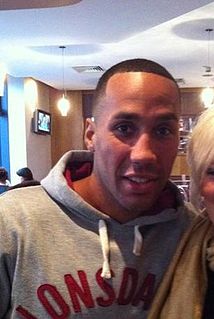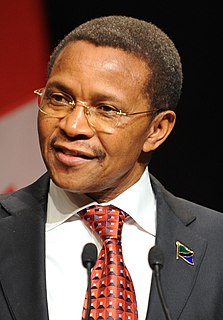A Quote by Michael Schur
The best episodes of 'The West Wing' that dealt with policy and stuff, in my opinion, were the ones where they were in the middle of a crisis, and they were trying to figure out how to solve problems.
Related Quotes
When we were doing 'The West Wing,' the hardest thing about doing 'The West Wing' was being compared to yourself. You go out there and want every episode to be as good as your best episode. I wrote 88 episodes of 'The West Wing,' and when you do that, one of them is going to be your 88th best, so your 88th best better be pretty good.
When we were doing noisier shows, they were fun, but we were trying to be really obnoxious and it wasn't like we were trying to make good music. I mean, I'm happier when we have smoothed out a little bit. I think that the spirit of the noise and experimental stuff is still there, but it's easier to do when you're a freshman in college.
When I went to college in 1988, most people were probably trying to figure out how they were going to decorate their rooms, who was going to be on their floor, what classes they were going to take. My big preoccupation at that point was figuring out how I could get my absentee ballot so that I could vote in Ohio for Michael Dukakis at that time.
I was thinking how amazing it was that the world contained so many lives. Out in these streets people were embroiled in a thousand different matters, money problems, love problems, school problems. People were falling in love, getting married, going to drug rehab, learning how to ice-skate, getting bifocals, studying for exams, trying on clothes, getting their hair-cut and getting born. And in some houses people were getting old and sick and were dying, leaving others to grieve. It was happening all the time, unnoticed, and it was the thing that really mattered.
I was a lonely child. My brother Tony and I were never very close, neither as children nor as adults, but I was tightly bound to him. We were forced to be together because we were really quite alone. We were in the middle of the Irish countryside, in County Galway, in the West of Ireland, and we didn't see many other kids.
When I was first thinking about what would become Venture for America, I was trying to figure out how to solve a problem - that our top young people were being driven to roles that did not, to me, address the needs of our time. That VFA would be a non-profit just seemed like the most efficient way to solve the problem.
40 percent of people who come to visit America on a visa overstay their visa and we have no idea where they are. On 9/11, at least 2 of the hijackers were here on visa. They were traveling back and forth to the Middle East. And we really had no idea where they were or what they were doing. And they were overstaying their visa. So there are problems I think in the immigration system that need to be fixed for our safety.
I know that sounds so circular, but for you, what you were made to do, is different than what I was made to do. But instead of spending all of our time having Bible studies about what we were made to do, go do stuff and you'll figure out what you were made to do, because you'll be great at some things and you'll be terrible at others.
One of the things that is nice about these old pastors - they were young at the time - who went into the Middle West is that they were real humanists. They were often linguists, for example, and the schools that they established were then, as they are now, real liberal arts colleges where people studied the humanities in a very broad sense. I think that should be reflected in his mind; appropriately, it is.


